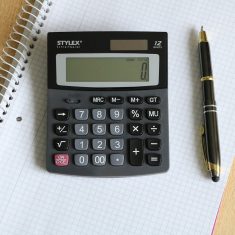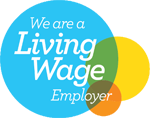These challenging times may mean we need to re look at our finances. Many households may have recently experienced an ‘income shock’; whether you’ve had reduced hours, been furloughed or made redundant. With potential household incomes reducing it is a good idea to examine your expenditure now to ensure you are not spending more than you can afford to, and that you can live within your means.
If you find you need immediate help, there is support out there. Citizens Advice Mendip are well placed to offer guidance, they have a help line 03444 88 96 23 and offer online sessions on citizensadvicemendip.org.uk. The Money Saving Expert website also hosts a great many resources.
Frome Town Council are also hosting two free online workshops to help with taking control of your finances, creating a budget and reducing expenditure. By evaluating your finances and creating a ‘crisis budget’, this will help your household get through these times, without falling into debt. And by not taking on additional debt now, will make it easier for you to bounce back when the crisis is over.
Cllr Anne Hills, said, “It is important that everyone in the family realises that you don’t have the same income as before. You might want to get the whole household together to have a family budget meeting. It really helps if everyone is ‘bought in’ to this process.
You will need to gather some things together:
- Bank / Building Society statements and Credit Card bills for the past year
- A calculator
- Some paper and a pen.”
Cllr Hills, who is a retired Chartered Financial Planner, continued; “Go through your bank statements and credit card bills. Categorise your spending into Housing, Utilities, Food, Clothing, Car & Transport, and Leisure. Total up the amounts you have spent in each category over the last year, and divide by 12 to get the monthly average.
Decide whether each expense is ‘essential’, that is something that you need, or ‘discretionary’, which is something that is nice to have. ‘Essentials’ are housing, food, utilities and transport to get to work, everything else is ‘discretionary’.
With the ‘essential’ items of expenditure, is there any way you could you reduce these amounts?
Write each ‘discretionary’ expense on a piece of paper, fold it up and put it in a bowl. Each person takes a piece of paper from the bowl in turn. As a family, put these pieces of paper in order of importance. Take away the least important expense until the expenditure in your budget is less than the amount of income you have.”
Cllr Hills is hosting a free workshop to offer financial guidance on how you can pull together your own budget, and assess and reduce your own expenditure. The workshops will be held online via Zoom and will cover what financial help is out there and what payment holidays might be available, to help you stay on track financially through the crisis.
The same workshop will be run twice on Monday 11th May, at 3pm and at 6pm to suit your availability. Register your place on our event site, and joining instructions will be sent to you nearer the time.
Anne Hills is a Frome Town Councillor for the Keyford Ward. She is a retired Chartered Financial Planner who previously advised elderly and vulnerable clients, their families and legal representatives. She is a Fellow of the Personal Finance Society.
Published 28th April 2020.

